Product Name: Aluminum Forging
Product Type: Metal Forging
Material: Aluminum
Shape: Customized
Surface Treatment: Anodizing, Powder Coating, Spray Painting, Polishing
Production Process: Die Casting, Press Forging
Advantages:
1. High strength-to-weight ratio
2. Superior mechanical properties
3. Enhanced resistance to fatigue and wear
4. Tight dimensional tolerances
5. Cost-effective production
| Color | Silver |
|---|---|
| Material | Aluminum |
| MOQ | 1 Pcs |
| Sample | Available |
| Place of Origin | China |
Product Details
MINGYU Tech is a leading aluminum closed die forging manufacturer specializing in producing high quality aluminum closed die forging for various industries. With over 20 years of experience, our company has built a reputation for precision, durability and reliability. Our state-of-the-art facilities and advanced forging techniques ensure our products meet or exceed the most stringent quality standards. We offer a wide range of aluminum closed die forging options, including custom design and engineering services to meet our customers’ specific needs.
The process of aluminum closed die forging involves heating aluminum billets to a specific temperature and then using a high-pressure press to shape the metal into the desired form. The heat and pressure rearrange the molecular structure of the aluminum, making it stronger and more resistant to wear and tear. The result is a product with superior strength, ductility, and fatigue resistance compared to other manufacturing methods.
One of the main advantages of aluminum closed die forging is its ability to produce parts with complex shapes and precise dimensions. This makes it an ideal method for creating lightweight yet strong components for applications that require tight tolerances and high-performance standards. aluminum closed die forging is also known for its cost-effectiveness. As the process does not require multiple steps or extensive machining, it reduces the overall production time and minimizes material waste. Additionally, the high strength-to-weight ratio of aluminum allows for the production of lightweight products, which can lead to reduced fuel consumption and CO2 emissions in industries such as automotive manufacturing.
| Place of Origin | China |
| Material | Metal Aluminium Steel Copper Brass |
| Process | Forging+machining+HT+finish Machining |
| Surface treatment | Polishing |
| Application | Machinery Parts |
| Product name | aluminum closed die forging |
| Certificate | TS16949/ISO9001 |
| Color | Customized Color |
| Quality Control | 100% Inspection |
| Lead Time | 10-34 Days |
| MOQ | 1 Piece |
| Supply Ability | 219582 Piece/Pieces per Month |
| Quantity (pieces) | > 451 |
| Lead time (days) | To be negotiated |
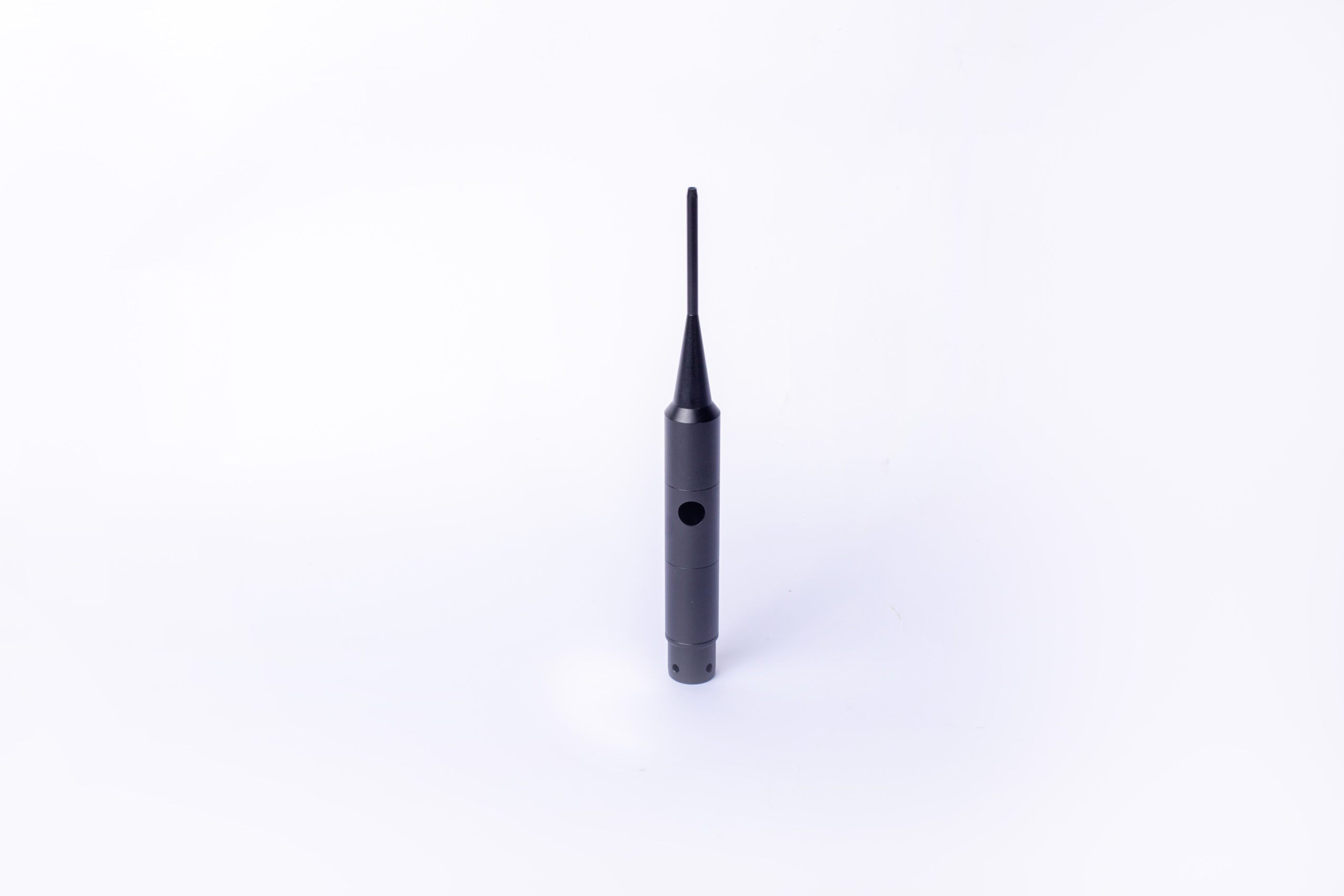
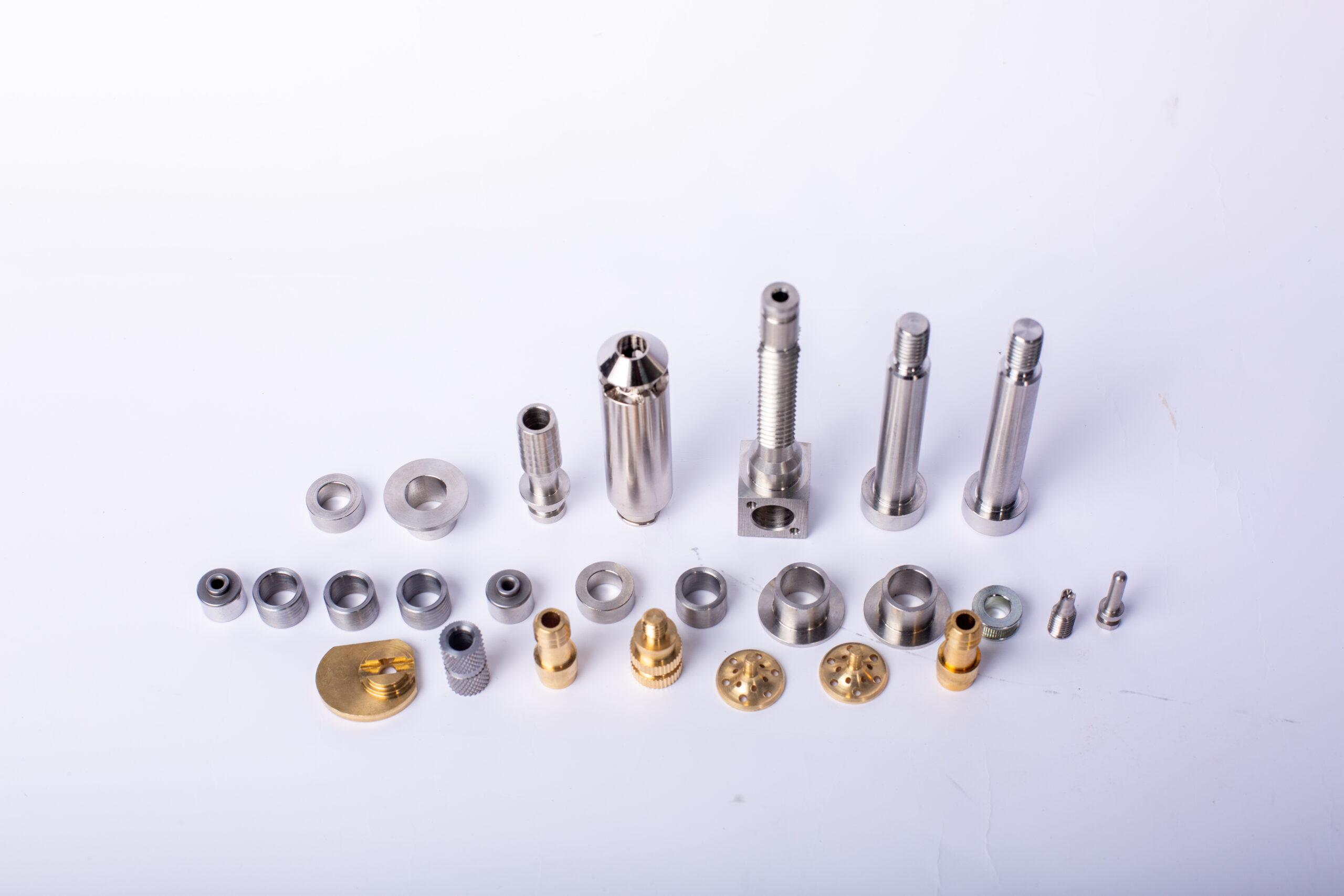
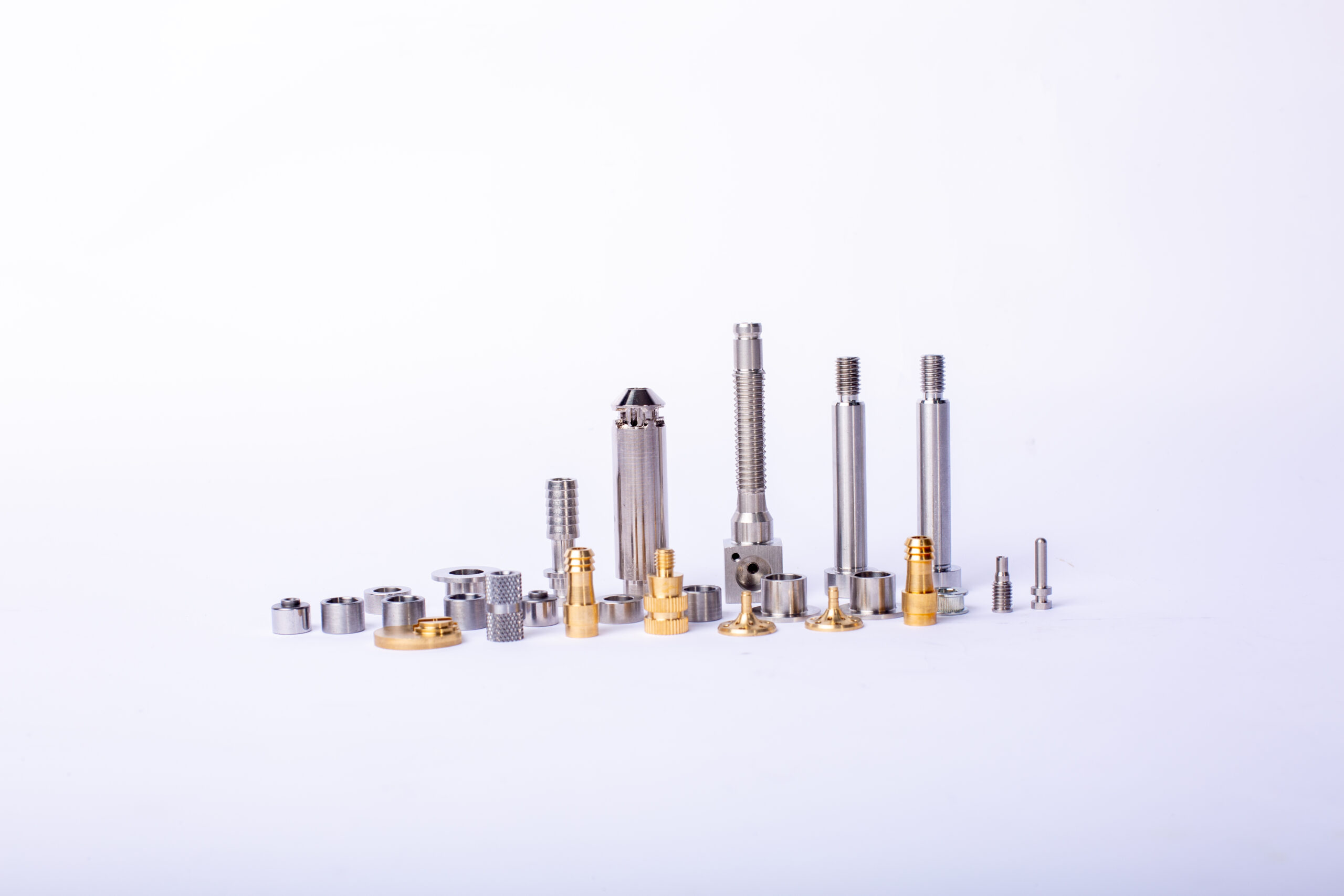
aluminum closed die forging FAQs Guide.
Our company is dedicated to providing high-quality aluminum closed die forging products to meet the needs of various industries. With advanced technology and skilled craftsmanship, we have become a leading manufacturer in the field of aluminum closed die forging. Our products are widely used in aerospace, automotive, and construction industries, just to name a few. We take great pride in our products as they are not only durable and reliable, but also lightweight and eco-friendly. Through this introduction, we hope to showcase the versatility and excellence of our aluminum closed die forging products. Thank you for choosing us as your trusted provider of top-notch aluminum closed die forging products.
1.Are there any surface finishing options for aluminum closed die forgings?
We should perform well in market competition, and the prices of aluminum closed die forging products have a great competitive advantage.
Yes, there are several surface finishing options for aluminum forgings, including anodizing, powder coating, painting, and polishing.
2.What is the typical lead time for aluminum closed die forging production?
We have a professional team that is committed to the innovation and development of aluminum closed die forging.
The lead time for aluminum forging production can vary depending on the complexity of the part and the size of the order. Generally, lead times range from 4-8 weeks.
3.How are defects identified and corrected during the aluminum closed die forging process?
Our products & services cover a wide range of areas and meet the needs of different fields.
Defects in aluminum forging can be identified and corrected through a variety of methods. Visual inspection is the most common method used to identify defects. This involves looking for surface irregularities, such as cracks, porosity, or other surface defects. Ultrasonic testing is also used to detect internal defects, such as voids, inclusions, or cracks. X-ray and radiographic testing can also be used to detect internal defects. Once a defect is identified, it can be corrected by reworking the part, using a different forging process, or by using a different material.
4.What factors affect the strength and hardness of aluminum closed die forgings?
Our aluminum closed die forging products have competitive and differentiated advantages, and actively promote digital transformation and innovation.
1. Alloy composition: The alloy composition of aluminum forgings affects the strength and hardness of the material. Different alloying elements can be added to aluminum to increase its strength and hardness.
2. Heat treatment: Heat treatment is an important factor in determining the strength and hardness of aluminum forgings. Different heat treatments can be used to increase the strength and hardness of aluminum forgings.
3. Grain size: The grain size of aluminum forgings affects the strength and hardness of the material. Smaller grain sizes can increase the strength and hardness of aluminum forgings.
4. Stress relief: Stress relief is an important factor in determining the strength and hardness of aluminum forgings. Stress relief can be used to reduce internal stresses in the material, which can increase the strength and hardness of aluminum forgings.
5. Surface finish: The surface finish of aluminum forgings affects the strength and hardness of the material. A smoother surface finish can increase the strength and hardness of aluminum forgings.
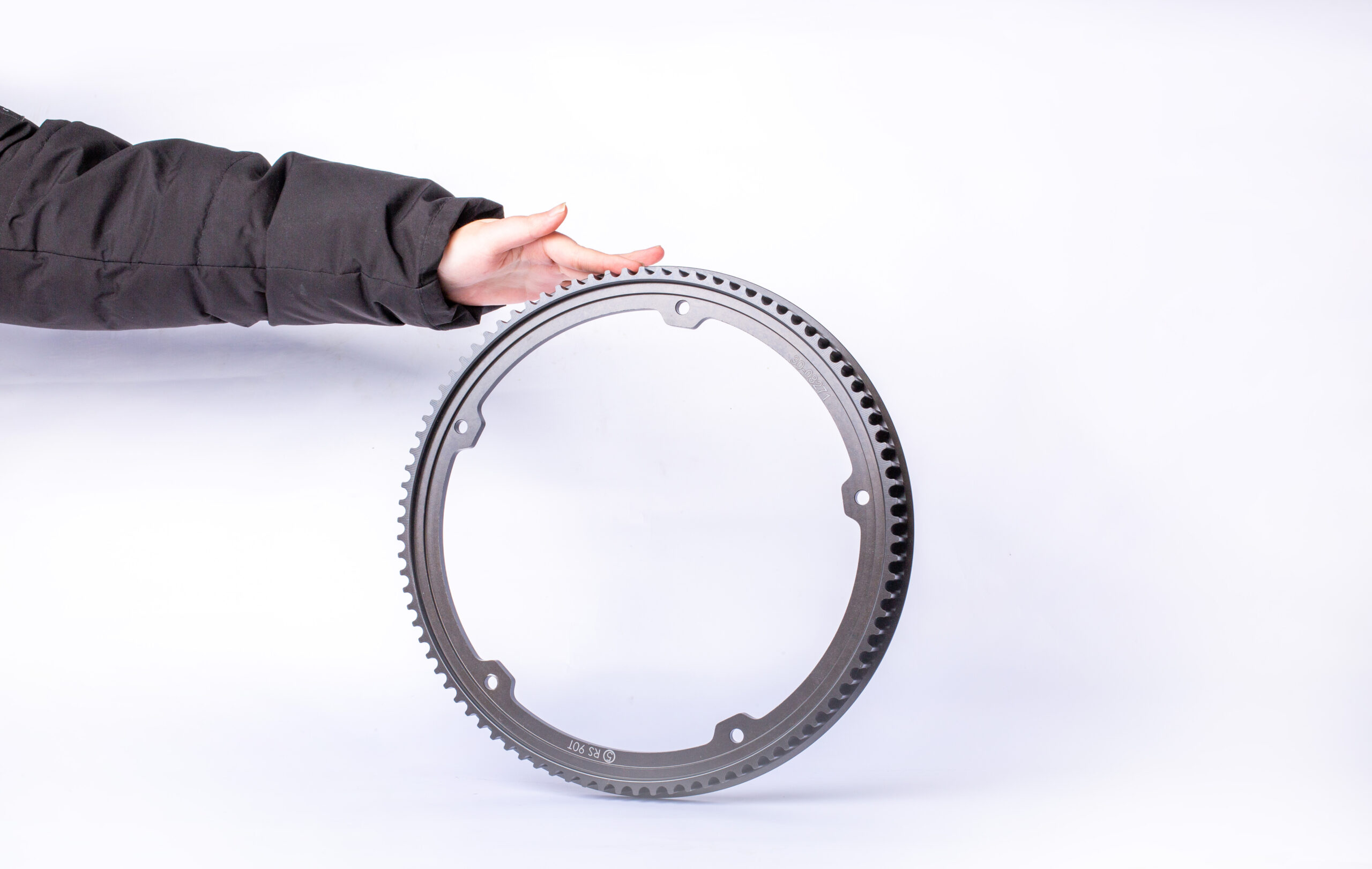
5.Are there any differences in the mechanical properties of forged and cast aluminum?
We pay attention to the transformation of intellectual property protection and innovation achievements. Your OEM or ODM order design we have a complete confidentiality system.
Yes, there are differences in the mechanical properties of forged and cast aluminum. Forged aluminum is typically stronger and more ductile than cast aluminum, due to the forging process which increases the grain size and improves the mechanical properties. Forged aluminum also has a higher yield strength and tensile strength than cast aluminum. Cast aluminum is typically softer and more brittle than forged aluminum, and has a lower yield strength and tensile strength.
6.Can non-CNC machining methods be used for finishing aluminum closed die forgings?
As one of the aluminum closed die forging market leaders, we are known for innovation and reliability.
Yes, non-CNC machining methods can be used for finishing aluminum forgings. These methods include grinding, sanding, polishing, and buffing.
7.How does the shape and geometry of a part affect the aluminum closed die forging process?
The shape and geometry of a part can have a significant impact on the aluminum forging process. The shape of the part will determine the type of die that is used, the amount of force that is required to form the part, and the amount of time it takes to complete the forging process. Additionally, the geometry of the part will determine the amount of material that is required to form the part, the amount of time it takes to complete the forging process, and the amount of force that is required to form the part.
8.What types of products can be made through aluminum closed die forging?
We pay attention to the introduction and training of talents, scientifically regulate the management system, and focus on cultural construction and team cohesion.
Aluminum forging can be used to create a wide variety of products, including automotive parts, aerospace components, hand tools, medical instruments, and industrial machinery. Aluminum forgings can also be used to create decorative items such as sculptures, jewelry, and architectural elements.

9.Can aluminum be forged at room temperature?
We focus on our customers’ needs and strive to meet their expectations, so we take this very seriously.
No, aluminum cannot be forged at room temperature. It must be heated to a temperature of at least 700°F (371°C) before it can be forged.
10.Are there any limitations to the size or complexity of products that can be forged from aluminum?
We adhere to the principle of integrity and transparency, and establish long -term relationships with partners, and we attach great importance to this detail.
Yes, there are limitations to the size and complexity of products that can be forged from aluminum. Aluminum is a relatively soft metal, so it is not suitable for forging large or complex parts. Additionally, aluminum has a low melting point, so it is not suitable for forging parts that require high temperatures.
11.Can computer-aided design (CAD) be used in the aluminum closed die forging process?
We have broad development space in domestic and foreign markets. aluminum closed die forging have great advantages in terms of price, quality, and delivery date.
Yes, CAD can be used in the aluminum forging process. CAD software can be used to create 3D models of the parts that need to be forged, which can then be used to create the necessary tooling and dies for the forging process. CAD can also be used to simulate the forging process, allowing engineers to optimize the process and ensure that the final product meets the desired specifications.
12.Can aluminum closed die forgings be heat treated?
We have rich industry experience and professional knowledge, and have strong competitiveness in the market.
Yes, aluminum forgings can be heat treated. Heat treating is a process used to alter the physical and chemical properties of a material. It is commonly used to increase the strength and hardness of aluminum forgings.
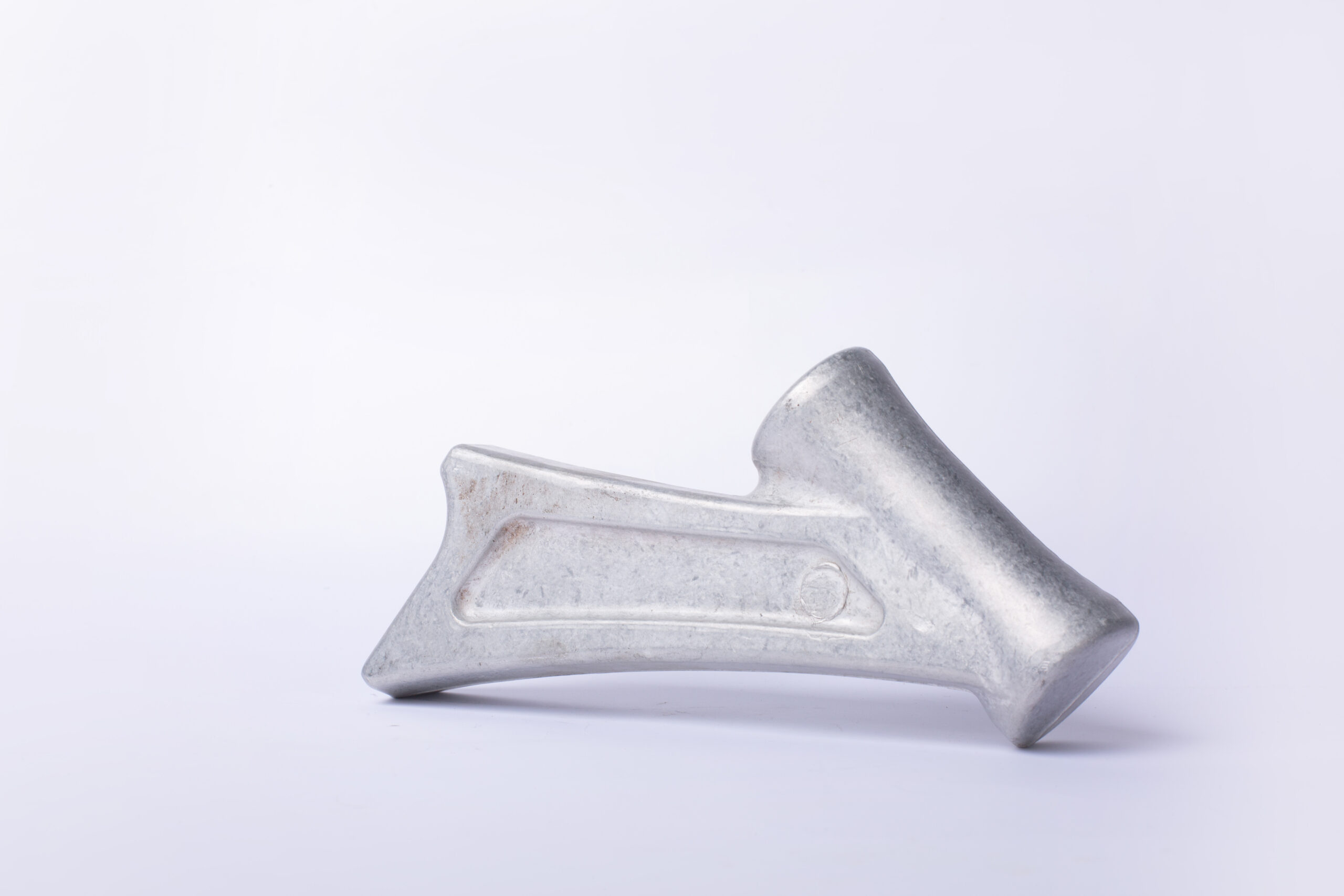
13.Are there any defects that can occur during aluminum closed die forging?
We pay attention to employee development and benefits, and provide a good working environment in order to improve the efficiency of employees and improve the quality management of aluminum closed die forging products.
Yes, there are several defects that can occur during aluminum forging, including porosity, cracking, tearing, and surface defects. Porosity is caused by gas pockets that form during the forging process, while cracking and tearing can occur due to excessive strain on the material. Surface defects can be caused by improper tooling or inadequate lubrication.
14.About aluminum closed die forging MOQ
The minimum order quantity (MOQ) for aluminum forging depends on the size and complexity of the part being forged. Generally, the MOQ for aluminum forging is between 500 and 1000 pieces. However, some aluminum forging companies may be willing to accept orders for smaller quantities.
15.Can aluminum closed die forgings be used in high-stress applications?
We are a new aluminum closed die forging manufacturer.
Yes, aluminum forgings can be used in high-stress applications. Aluminum forgings are strong and lightweight, making them ideal for applications that require strength and durability. They are also corrosion-resistant and can withstand extreme temperatures, making them suitable for a variety of high-stress applications.
16.What are the different heat treatment processes used for aluminum closed die forgings?
We have a first -class management team, and we pay attention to teamwork to achieve common goals.
1. Solution Heat Treatment: This process involves heating the aluminum forging to a temperature above its solidus temperature and then rapidly cooling it. This process is used to improve the strength and hardness of the aluminum forging.
2. Aging: This process involves heating the aluminum forging to a temperature below its solidus temperature and then allowing it to cool slowly. This process is used to improve the strength and hardness of the aluminum forging.
3. Annealing: This process involves heating the aluminum forging to a temperature above its solidus temperature and then allowing it to cool slowly. This process is used to improve the ductility and machinability of the aluminum forging.
4. Stress Relieving: This process involves heating the aluminum forging to a temperature below its solidus temperature and then allowing it to cool slowly. This process is used to reduce internal stresses in the aluminum forging.
5. Normalizing: This process involves heating the aluminum forging to a temperature above its solidus temperature and then allowing it to cool in air. This process is used to improve the strength and hardness of the aluminum forging.
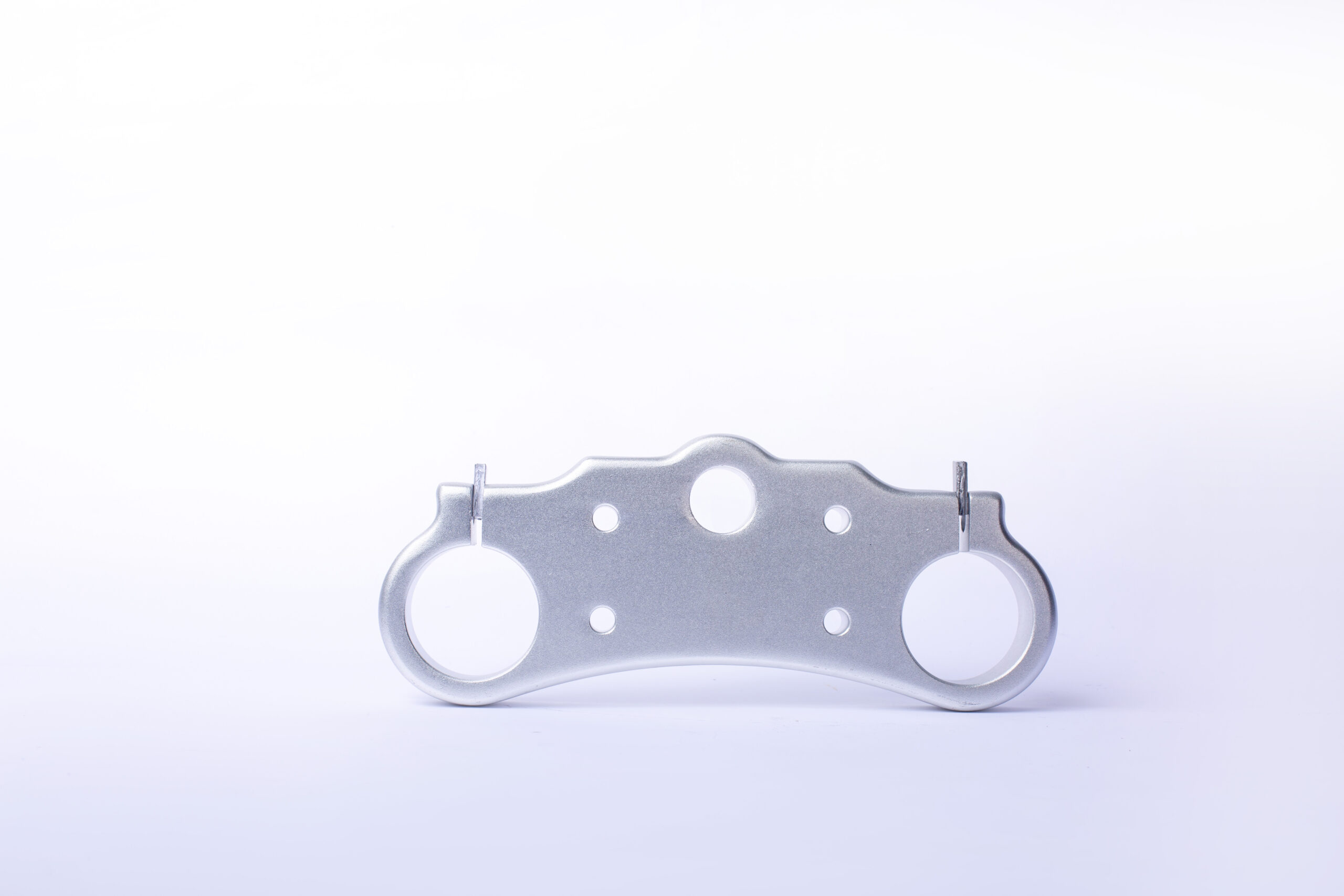
Tag:aluminum forging and machining,aluminum can melting forge,brass aluminum forge mark
Product Inquiry
We will respond within 12 hours, please pay attention to the email “@163.com” or “@alumforge.com”.
Also, you can go to the Contact Page, which provides a more detailed form, if you have more inquiries for products or would like to obtain OEM service.
Our sales experts will respond within 24 hours, please pay attention to the email with the suffix “@163.com”.